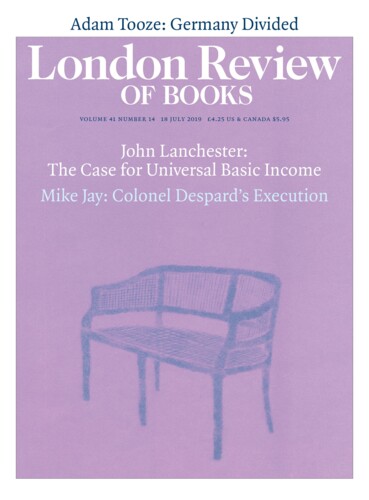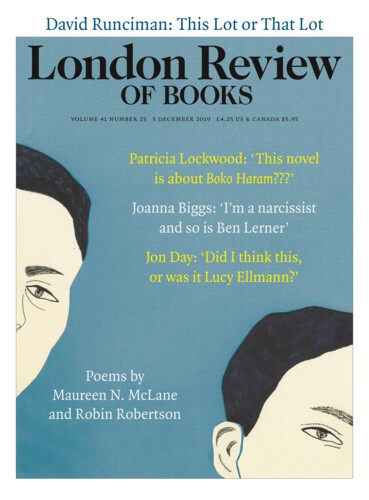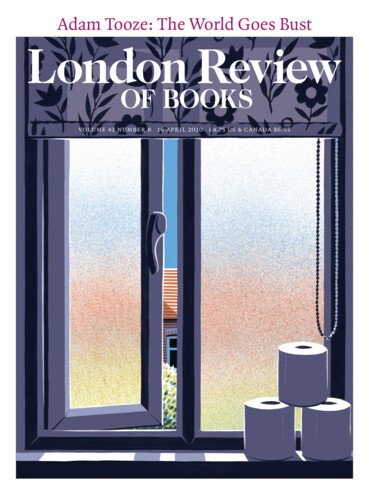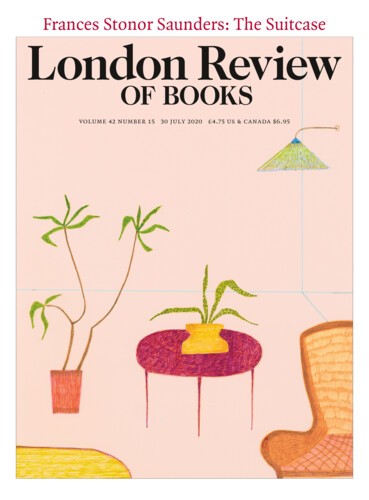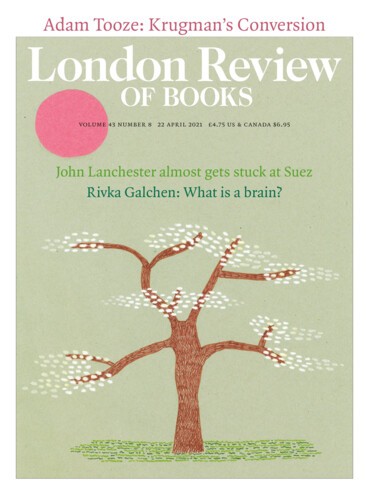‘If it were announced that we faced a threat from space aliens and needed to build up to defend ourselves,’ Paul Krugman said in 2012, ‘we’d have full employment in a year and a half.’ If 21st-century America needed an enemy, China was one candidate. On foreign policy, Krugman is perhaps best described as a left patriot. Where he had once downplayed the impact of Chinese imports on the US economy, he now declared that China’s currency policy was America’s enemy: by manipulating its exchange rate Beijing was dumping exports on America. But to Krugman’s frustration Obama never turned the pivot towards Asia into a concerted economic strategy. You might argue that in Covid we have found an enemy of precisely the kind Krugman was imagining. As far as Europe is concerned, an alien space invasion isn’t an implausible model for Covid. This novel threat broke down inhibitions in Berlin, and the Eurozone’s response was far more ambitious than it was after 2008. But America isn’t the Eurozone. For all Krugman’s gloom, it didn’t take a new world war to flip the economic policy switch.
Arguing with Zombies: Economics, Politics and the Fight for a Better Future by Paul Krugman. ‘If it were announced that we faced a threat from space aliens and needed to build up to defend ourselves,’ Paul Krugman said in 2012, ‘we’d have full employment in a year and a half.’ You might argue that in Covid we have found an enemy of precisely the kind Krugman was imagining. As far as Europe is concerned, an alien space invasion isn’t an implausible model for Covid. This novel threat broke down inhibitions in Berlin, and the Eurozone’s response was far more ambitious than it was after 2008. But America isn’t the Eurozone. For all Krugman’s gloom, it didn’t take a new world war to flip the economic policy switch. All it took was an election.
